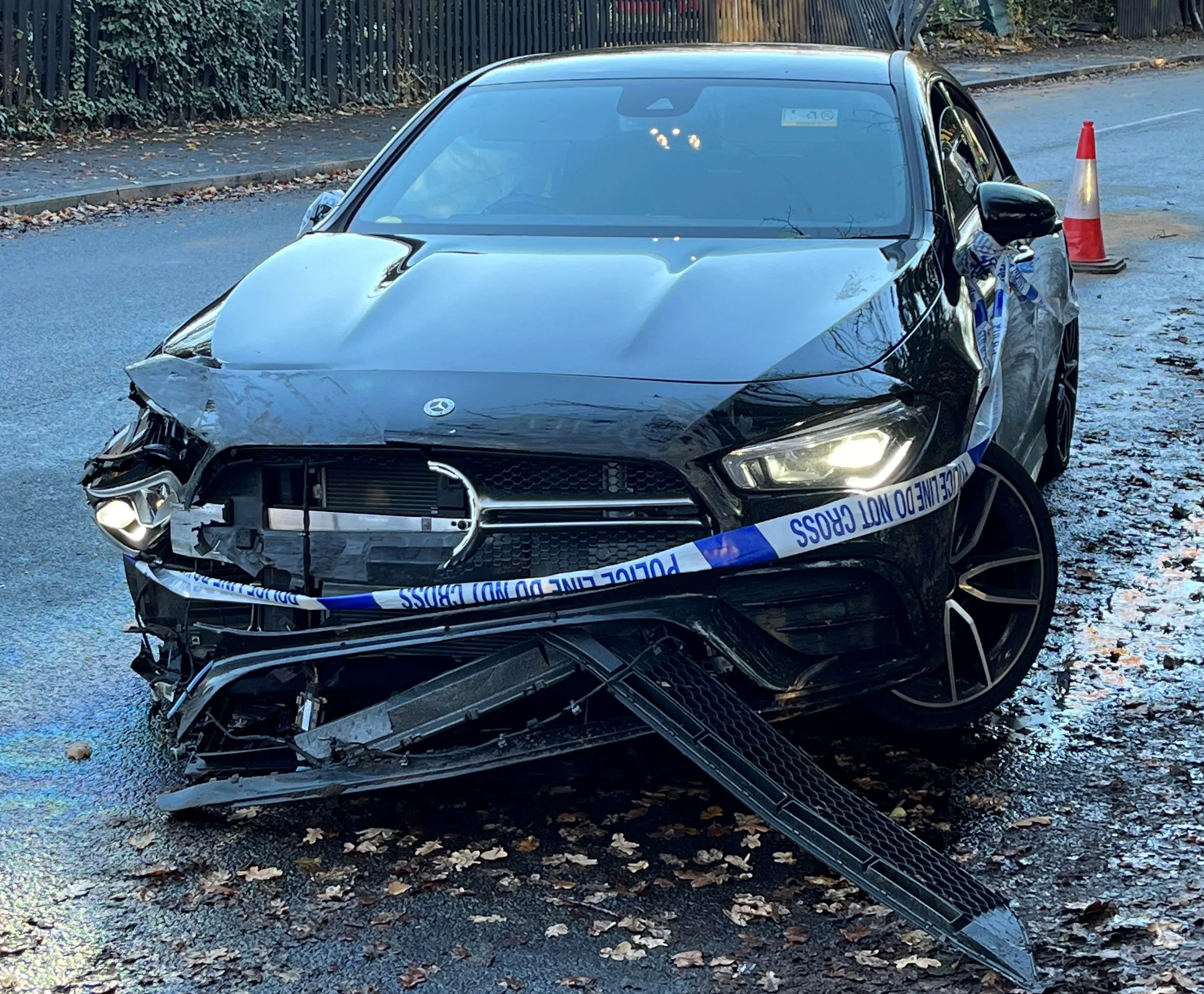Fast food is about to become faster in Japan under a new plan that will allow hungry motorists to place their order through their car navigation systems. A number of companies have agreed to test the system, which allows drivers to browse menus, order and pay when they come within a certain distance of a restaurant. The system uses Japan’s traffic news network, which already provides traffic information to drivers. This system will allow drivers to view menus on their navigation units of nearby restaurants
June 13, 2012
Read time: 2 mins
Fast food is about to become faster in Japan under a new plan that will allow hungry motorists to place their order through their car navigation systems. A number of companies have agreed to test the system, which allows drivers to browse menus, order and pay when they come within a certain distance of a restaurant. The system uses Japan’s traffic news network, which already provides traffic information to drivers. This system will allow drivers to view menus on their navigation units of nearby restaurants as they pass by. Orders can be made using a touch screen, with credit card payments also being made through the navigation system. Food can then be picked up at the nearest restaurant, to which drivers will be guided using the navigation unit. The idea behind this package is to cut waiting times and attract impatient customers. Some cynics might suggest that instead of waiting in queues in fast food restaurants, many of those more impatient drivers who exhibit risk taking behaviour will instead try to place orders while driving, leading to an increased probability of crashes.








